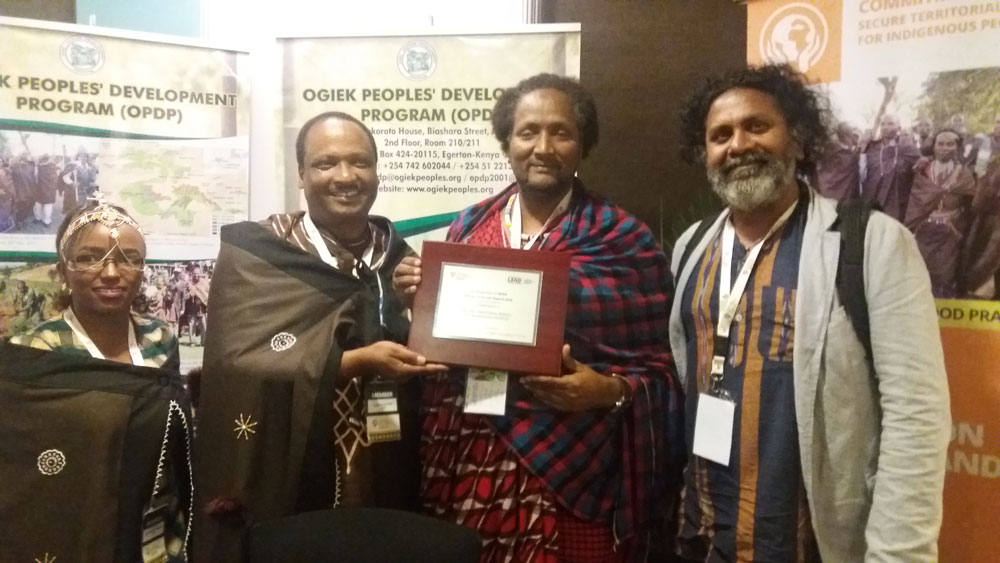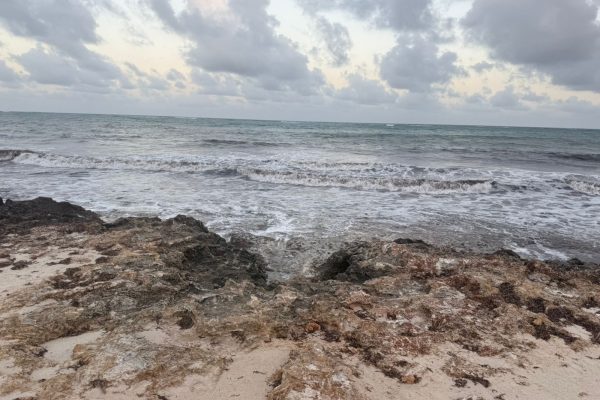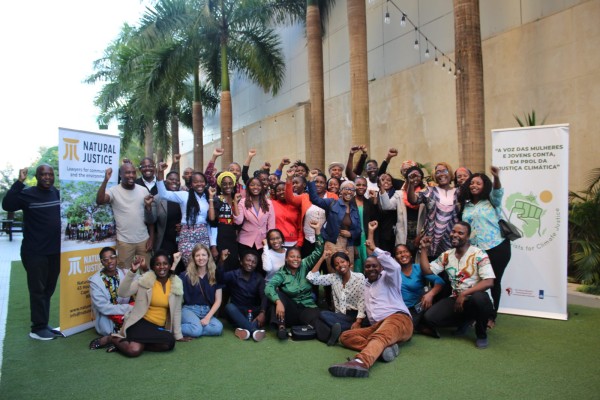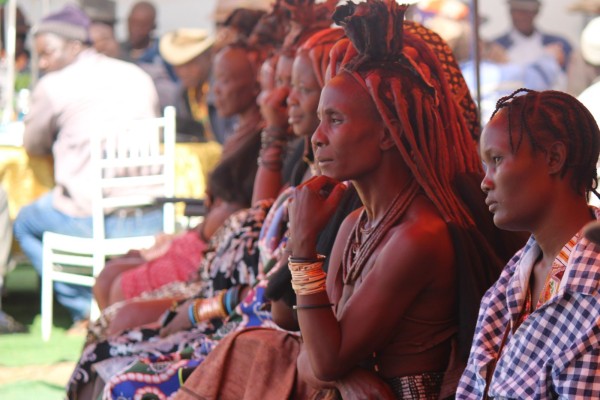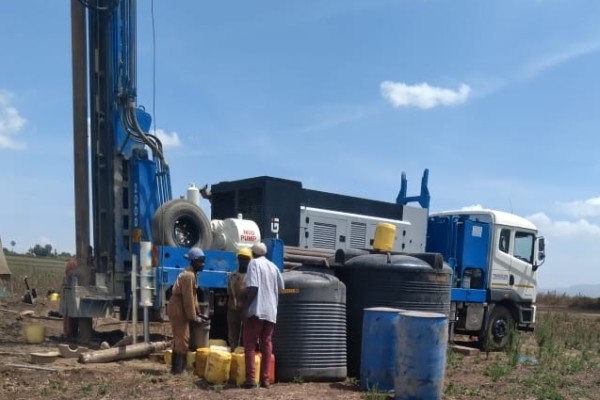Thirty minutes after taking off from Husein Sastranegara International Airport in Bandung Indonesia, an earthquake and tsunami struck the city of Palu. Over 830 people are confirmed dead with the numbers of people losing their lives expected to rise dramatically as the full extent of the devastation is known https://www.bbc.com/news/world-asia-45701060. Indonesia is in the ‘ring of fire’ and is prone to frequent earthquakes. My thoughts are with the people of Indonesia dealing with this tragedy. This phenomenon is just one layer of struggle for the people of Indonesia. I was at a meeting of land activists from across the globe at the Global Land Forum in Indonesia. Peasants, Indigenous peoples and small-scale farmers continue to struggle for their right to land. This reflects the continued struggles of marginalized people across the planet.
In many countries, governments support large scale development in close alignment with the private sector with devastating impact for people and planet in the name of profit. In Indonesia the palm oil industry has continued to expand resulting in people being kicked off the land and biodiversity being threatened https://www.eco-business.com/news/indonesian-farmers-pay-the-price-for-politics-in-palm-oil. This onslaught linked to the exploitation of nature is accelerated in many countries and communities from Indonesia to Amazonia, a region comprised of approximately one third of the world’s remaining tropical rainforests. We met with the Special Rapporteur on the Situation of Human Rights Defenders, Michel Forst, to discuss human rights, Land and Environmental Defenders who have been killed in increasing numbers in 2018. The recent reports of the Special Rapporteurs on the Situation of Human Rights Defenders, on Human Rights and Environment and on the Rights of Indigenous Peoples noted the rise of “a global crisis” of the attacks against environmental human rights defenders, highlighting that many of these defenders are members of indigenous peoples https://www.ohchr.org/Documents/Issues/IPeoples/SR/A.HRC.39.17.pdf.
In Indonesia, the inspirational leader Dewi Kartika of Consortium for Agrarian Reform (KPA), told us that over the last decade the KPA reported the eviction of 3.5 million people through landgrabs, detention of 1,617 Land and Environment Defenders, and assassination of 122 defenders. A comrade from Guatemala led the tribute for the activists who were killed in Guatemala this year. In just four weeks seven activists were killed while defending their communities’ land, territory or the environment, and they were all members of the Campesino Development Committee (CODECA) or the Altiplano Campesino Committee (CCDA). https://www.amnesty.org/en/latest/news/2018/06/guatemala-seven-human-rights-defenders-killed-in-four-weeks.
It is clear from the current trend that large corporations will stop at nothing to grab land, kick people off their land and kill people who are defending their land. In many countries, governments continue to support companies in the interest of ‘economic benefit’ versus protecting the rights of the people and protecting the planet. Notably, mass scale land grabbing and extraction of natural resources is proceeding at an accelerated rate in Africa https://www.researchgate.net/publication/322790095_Land-grabbing_in_Africa.
So, the big question is how do we reverse this trend of greater inequality through dispossession and ensure that the “David and Goliath battle” between Indigenous communities, peasants and local communities and greedy multinational companies i( backed by governments). There is hope. We heard during the week stories of struggle from a range of communities who are prepared to die for what they believe in. Throughout history this kind of activism has ensured success from slavery, to colonisation to apartheid.
In 2017, a historic judgment from the African Court of Human and Peoples Rights in favour of the Ogiek community of Kenya sets a precedent for other indigenous communities in Africa. Following an eight-year legal battle, the Court found that the Kenyan government violated seven separate articles of the African Charter in a land rights case that dates back to colonial times. The Court has recognised that the Ogiek – and therefore many other indigenous peoples in Africa – have a leading role to play as guardians of local ecosystems, and in conserving and protecting land and natural resources, including the Mau Forest. While lspeaking with Daniel Kobei from the Ogiek Peoples Development Programme about their struggle, it struck me again that these struggles continue for decades and people never give up. It feels very different from the quick win mentality and modus operandi of current campaigns for rapid victories and publicity.
Another example that provides inspiration is the activism in Indonesia around the land issues. Despite the repression of activists and the large-scale displacement with major corporate interests, activists have made major strides forward. While we were in Indonesia, the President Joko Widodo, signed a presidential instruction on agrarian reform, in a bid to accelerate a program to give local communities greater control over land. He has pledged to expand community control over 127,000 square kilometres (49,000 square miles) of land, an area the size of Greece, as part of his flagship land reform program. The government is targeting to issue 7 million land certificates by the end of this year, and 9 million certificates by the end of next year, as laid out in the national medium-term development plan. While activists have largely welcomed these developments, they are pushing for a process that fully engage indigenous communities, small scale farmers, peasants and civil society organisations. The President is also putting in place a moratorium on any new palm oil plantations in Indonesia.
Activists from Africa, especially women activists, have taken their struggle to the governments and the African Union. The climb up Kilimanjaro and the subsequent solidarity meeting of 400 women from across the continent at the foothills of Kilimanjaro, provided a disruption to business as usual. African Union officials came to the women in Arusha to hear their demands and invited the women to the African Union in Addis Ababa. The African Union has adopted the Charter of Demands and the women involved continue to push their governments to respond to their demands https://tgnp.org/wp-content/uploads/2017/04/The-Kilimanjaro-Rural-Womens-Final-charter-of-demands-.pdf I had the privilege of climbing up Kilimanjaro in solidarity with the women from across Africa.
These examples provide hope. There are many others where communities continue to show up and stand up in the face of adversity. The role of civil society organisations is to stand behind these communities and to not run when the heat is on. Often, civil society organisations provide a buffer and neutralise the agenda of communities who continue to give their lives for their struggle. I left Bandung feeling inspired and with a great sense of solidarity despite the massive challenge ahead.
The challenges are immense from the pressure on the people and land based on large scale agriculture and land grabs, new infrastructure developments and extractive industries’ continued threats. There is a widening gap of inequality in the land governance arena. https://blogs.oxfam.org/en/blogs/16-11-30-land-and-inequality-latin-america-harsh-reality-unearthed. This is accompanied by the killing of activists and shrinking space for land rights activists including state sponsored repression.
At the same time people are mobilising in greater numbers around land rights issues across the globe. There are many more public campaigns and large action movements that are increasing in momentum. The rights of indigenous communities and pastoralists are slowly being recognised because of the activism by these communities. Digital technology is disrupting some patterns of land grabbing and is being constructively used as a tool to defend the land and assert rights.
I left Bandung with a sense of hope, feeling inspired and understanding even more about the true power of solidarity.

